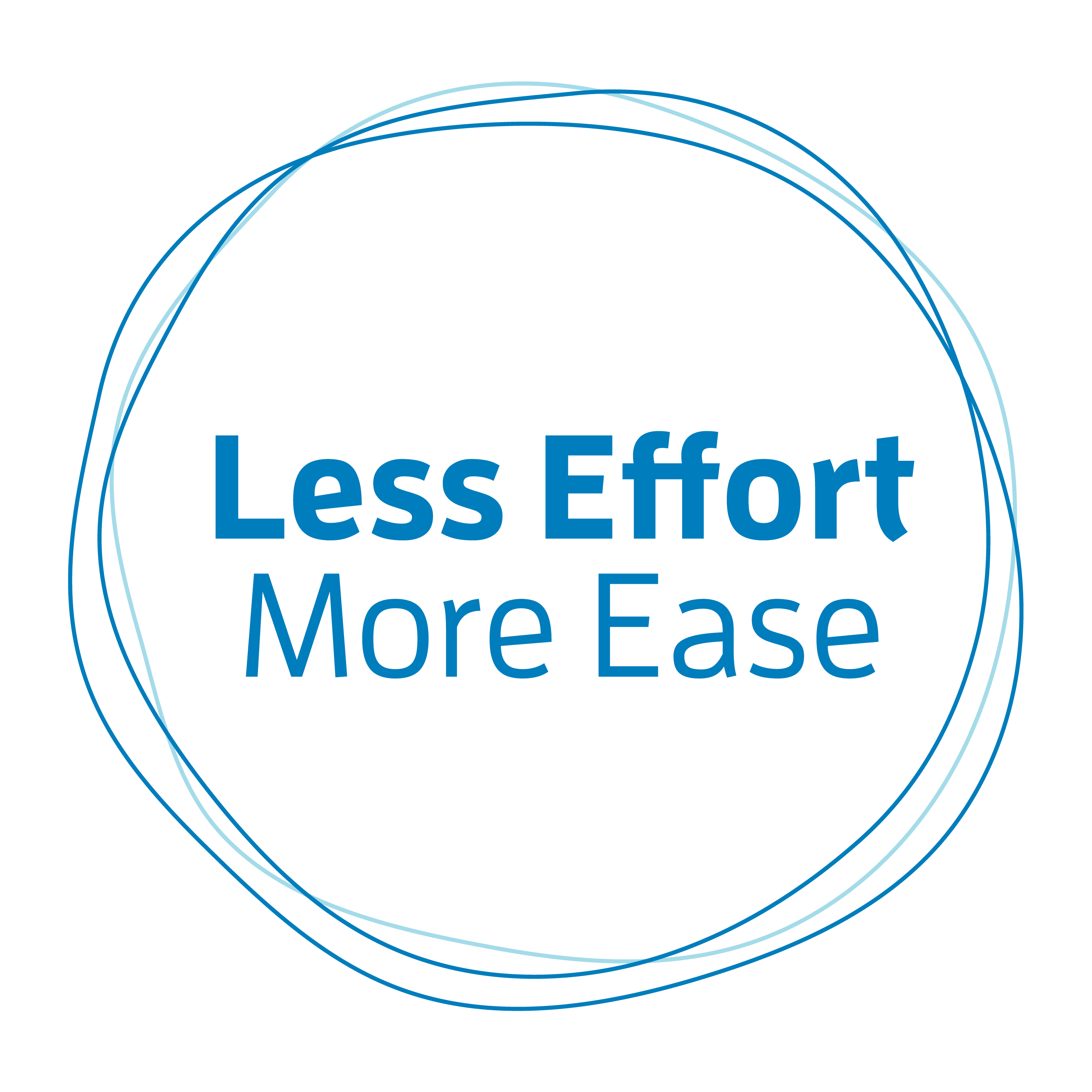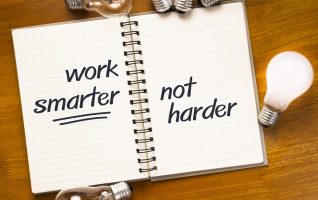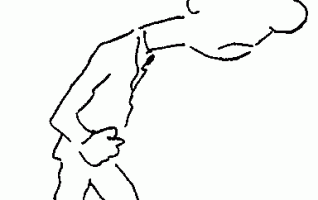Many years ago, a doctor said four words to me. I’ve never forgotten them.
Sleep cures many things.
Besides not being at your best and feeling a bit grumpy continued lack of sleep may wear down your immune system leaving you more susceptible to contracting the cold or flu that’s going around the office. Or you may already have a cold and your lack of sleep makes it linger on that much longer. Lack of sleep is also now cited as a contributing factor in a lot of serious medical conditions including diabetes, heart disease, and obesity. I also know from personal experience that lack of adequate sleep makes dealing with chronic pain all that much more difficult.
I originally started to study the Alexander Technique back in 1995 because I’d been suffering from chronic neck, shoulder, and upper back pain for about six years. Although I was diagnosed with a condition related to Fibromyalgia, a lot of the pain was due to postural and tension issues—things I could affect positively through learning and applying the skills of the Alexander Technique.
The Alexander Technique helped and continues to help me a great deal. What’s also important though is that I get adequate sleep. Because if I don’t, my posture suffers, excess tension creeps in, and I can easily slip into a pain cycle.
According to the National Sleep Foundation’s 2020 poll, one-third of American adults aren’t getting the recommended amount of sleep per night—7 to 9 hours for 18 to 64-year-olds and 7 to 8 hours for those over 65. There are a variety of reasons people give for not getting enough sleep. But the first step is realizing you’re sleep-deprived. From my experience over the past 18 years working with clients, many of us aren’t even aware of how tired we truly are. That is until we learn to stop and listen.
As a posture and movement coach trained in the Alexander Technique one of the key things I work on with clients is getting them to tune into themselves a bit more. Our society is very focused on being busy. It’s seen as a virtue. We’re taught from a very young age to be productive from morning until night. The answer today to the question, “How are you?” is more often than not, “Oh I’m so busy.” And I rarely see any difference between my working-age clients and my retired clients. The ones no longer working may not be busy at their jobs, but they’ve filled their new free time to the gills with other commitments and things to do.
One of the problems with operating in a go-go-go mode is you don’t stop to notice what’s going on with you. And if you don’t know what’s going on, how you’re feeling, you can’t make healthy choices for yourself.
One of the very first practices I teach any client is the Alexander Technique Constructive Rest practice. This is one of the simplest ways to help yourself improve your posture, reduce excess tension, and manage the effects of stress. And it can be done by any client from day one. It involves taking 15—20 minutes out of your day to lie on your back on the floor and pretty much do nothing.
For many clients, not doing anything for even 10 minutes is very unsettling. That in itself is very important information to learn about yourself. Other clients find themselves consistently falling asleep when they begin to do this practice—no matter what time of day they’re doing it. But rather than see falling asleep as a failure, I see it simply as your body telling you something you need to hear. By literally stopping yourself you’re giving yourself the chance to understand how tired you truly are. And that is what you need to attend to first. Do whatever you need to do to get a bit more sleep regularly.
Over the years some people have tried to convince me that you can train yourself to need less sleep. I haven’t found that to be the case with myself. I need between 8 ½ and 9 hours of sleep a night. I know because if I let myself sleep without an alarm clock for a week or two I almost without fail wake up after 8 ½—9 hours.
I’ve chosen to make sleep one of my top priorities. Because I don’t like it when I’m in pain and I know that lack of sleep contributes to pain for me.
Making sleep a top priority for me means:
- I don’t stay up late to get one more thing done on my to-do list.
- I listen to my body. And when it’s tired I don’t continue reading or watching that TV program for another ½ hour. I turn off the light and shut my eyes.
- I don’t answer the phone after 9 o’clock.
And it means I wake up at an advantage and not a disadvantage when it comes to feeling my best. My body thanks me for it every day.
P.S. Are you a subscriber to my e-newsletter? If you like this blog and are craving more information on how to move better and feel better there’s no better time to sign up. You’ll get a free booklet with tips for exploring your posture (that has nothing to do with standing up straight and pulling your shoulders back. I promise!). And once a month I’ll pop into your inbox with new ideas for you to experiment with. In addition, you’ll be the first to know about any upcoming events, local or online.




